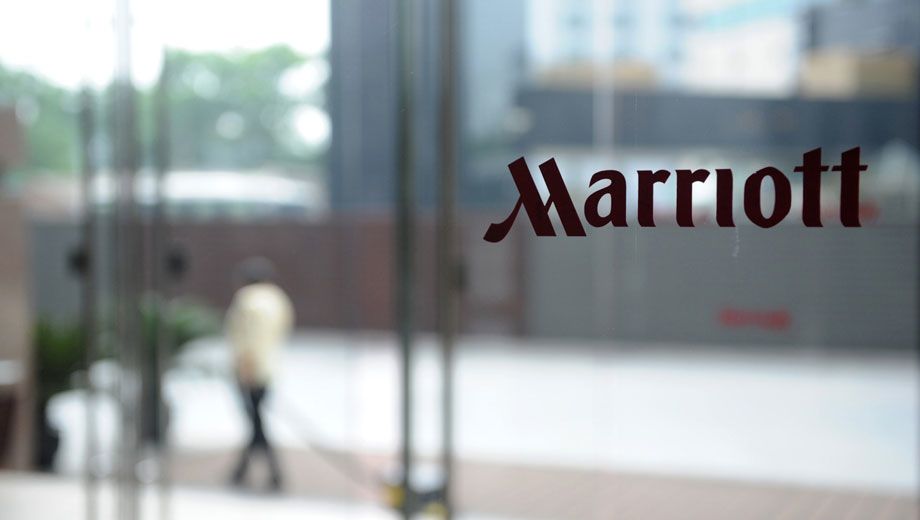The Marriott hotel group has abandoned plans to block guests' access to 'BYO' wireless networks such as smartphone WiFi hotspots and travel routers.
Marriott and the American Hotel and Lodging Association petitioned the US Federal Communications Commission asking that it be allowed to "monitor and mitigate threats" to its in-house networks, even if that meant blocking guests' personal travel tech gear, in order to "protect personal data in Wi-Fi hotspots for large conferences."
Google and Microsoft both lobbied against the request, which if approved could have forced guests onto a hotel's own high-priced Internet services.
Marriott last week withdrew its request in the face of mounting opposition, including from the FCC itself.
"We thought we were doing the right thing asking the FCC to provide guidance, but the FCC has indicated its opposition," Marriott Chief Information Officer Bruce Hoffmeister said in a statement.
"Our intent was to protect personal data in Wi-Fi hotspots for large conferences. We're doing everything we can to promote our customers' connectivity using mobile and other devices, and we're working with the industry to find security solutions that do not involve blocking our guests' use of their Wi-Fi devices.
In October last year Marriott was fined US$600,000 for jamming guests' WiFi gear in an effort to force them to pay for the hotel's own Internet service.
Acting on complaints by a guest at a Marriott resort & conference centre property the FCC found that the hotel was blocking the signals of personal 'pocket hotspots' which convert 3G or 4G mobile phone networks into a low-power short-range WiFi beam.
At the time, the hotel chain said it was within its right to block BYO hotspots to make their own hotel network more secure against "rogue wireless hotspots that can cause degraded service, insidious cyber-attacks and identity theft."
Last month Marriott began offering free in-room wireless Internet access to all members of the Marriott Rewards and Ritz-Carlton Rewards loyalty schemes who book their stay directly with the hotel group, rather than through a travel agency or hotel booking mega-sites such as Expedia.
Hyatt, Starwood and IHG have also axed add-on charges for hotel WiFi, and in some cases will give top-tier loyalty members free connection to a higher-speed service suitable for downloading large faster or streaming video content.
Follow Australian Business Traveller on Twitter: we're @AusBT



Qantas
13 Dec 2012
Total posts 21
How does an idea like that ever see the light of day? Absolutely breathtaking! Imagine the long term damage to that brand!
11 Mar 2012
Total posts 315
Wouldn't you avoid Marriotts just in case they were still trying this crap?
Qantas - Qantas Frequent Flyer
10 Jan 2013
Total posts 698
The United States FCC as went as far to say, as reported in the Wall Street Journal:
Federal Communications Commission officials warned that the agency will prosecute businesses that block people from using personal Wi-Fi networks.
In a so-called enforcement advisory Tuesday, the FCC said its enforcement bureau has witnessed a “disturbing trend” in which hotels and other commercial establishments block wireless consumers from using personal Wi-Fi hot spots on their premises. It said it would be aggressive in investigating and acting against any blocking.
FCC officials already have cracked down on Marriott International Inc., following an incident in which the hotel chain blocked people from using personal hot spots at Nashville’s Gaylord Opryland Hotel & Convention Center. Marriott agreed to settle the matter by paying a $600,000 civil penalty.
Marriott and a hotel industry group, the American Hotel & Lodging Association, petitioned the FCC to change its policy. But the agency made clear Tuesday that it views any Wi-Fi blocking as unlawful intentional interference with the public’s right to use the airwaves.
Their FCC has more teeth than our paper tiger ACCC it seems.
Hi Guest, join in the discussion on Marriott backs down from WiFi-blocking proposal